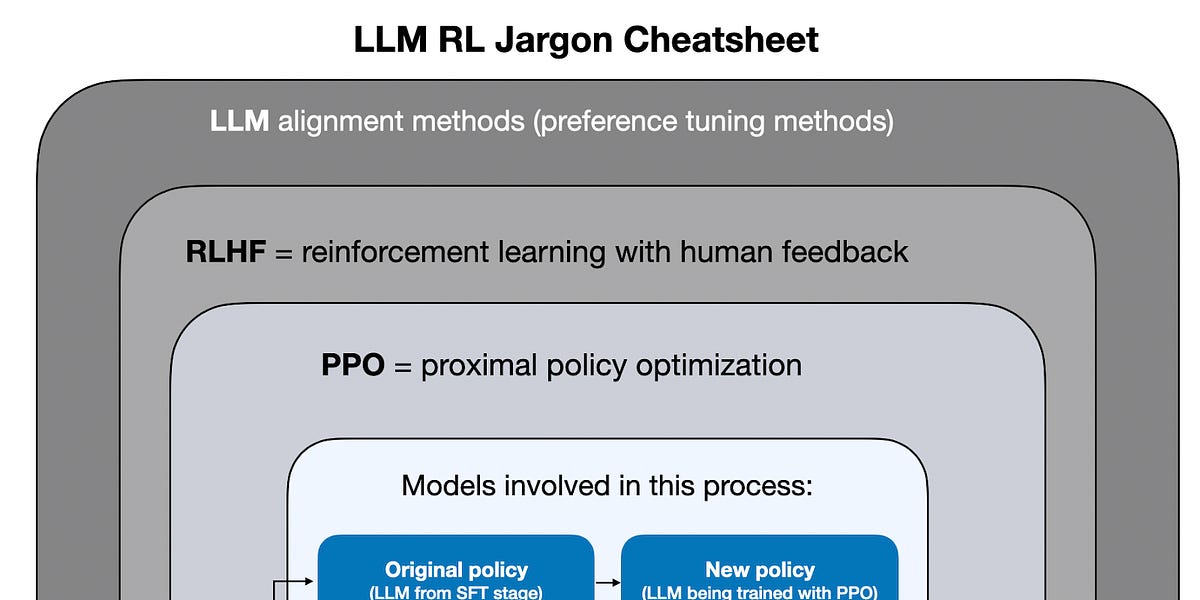When conversations about SaaS were misinterpreted as Microsoft CEO Satya Nadella suggesting that software as a service (SaaS) was dying, the Indian SaaS market remained unfazed. Freshworks, one of India’s leading SaaS players, is now eyeing a major milestone of reaching $1 billion in annual revenue by 2026, with AI playing a central role in driving its growth.
Unlike traditional concerns surrounding the potential disruption of SaaS by AI, Freshworks views AI as a “tailwind”, propelling the industry forward by enhancing customer experience, improving operational efficiency, and generating tangible business value.
“AI has been a very, very strong tailwind,” Shelton Rego, vice president and managing director at Freshworks, said in an exclusive interaction with AIM. He emphasised this shift, noting that AI fundamentally changes how businesses interact with software.
“Customers don’t care about which cloud platform they are using…What they care about is value, use cases, ROI, and time to market,” Rego said, adding that the real value lies not in the infrastructure behind AI but in its applications.
The AI-Powered Strategy
Freshworks is betting on AI across three key areas, namely operational efficiency, employee experience, and customer experience—all aimed at accelerating its revenue growth.
One of the biggest factors in Freshworks’ $1 billion roadmap is the focus on lean and scalable growth. Using AI, the company aims to streamline operations while keeping costs in check.
“We want to be as operationally efficient as possible. We want to be able to be very lean when we grow.” This ensures that as Freshworks expands its global footprint, it can do so without excessive resource expansion.
Rego believes that AI is also transforming IT operations, making infrastructure management more seamless and proactive, where AI-driven IT service management (ITSM) solutions enable predictive maintenance and faster issue resolution.
The shift towards agentic AI, where AI agents autonomously manage complex IT workflows, is becoming a crucial part of modern IT management and Freshworks.
“If you have a website go down, an agentic workflow can actually figure out why that website went down, allocate more server resources, and then submit an RCA to the Site Reliability Engineer,” Rego explained. This approach allows IT teams to focus on oversight rather than constantly troubleshooting problems.
Freshworks released its version of an agentic workforce, named Freddy AI, more than a year ago. The autonomous service agent was designed for seamless deployment to improve both customer and employee experiences.
“We have approximately 2,200 co-pilot customers now. In fact, out of those 2,200, 500 of them were signed up in Q4. So the excitement is real,” Rego added.
He also believes that customers are less concerned about backend infrastructure and instead focus on practical business outcomes. He emphasised that security, compliance, scalability, and operational efficiency are some of their primary considerations.
India in Global SaaS
Notably, at the recent SaaSBoomi Annual 2025 meet, Freshworks founder and chairman Girish Mathrubootham remarked that SaaS, in the current form, is dead, but that the need of the hour is to “adopt, evolve, and compete”.
While AI is at the core of Freshworks’ growth strategy, its success is also tied to the larger transformation of India’s SaaS industry. The country has rapidly emerged as a global SaaS powerhouse, owing to its vast tech talent pool and cost advantages.
“The largest amount of GitHub repository posts today come from India,” Rego pointed out, highlighting how India is becoming a central hub for AI and software development. With more Indian companies embracing digital transformation, SaaS adoption in sectors like fintech, e-commerce, and enterprise IT is accelerating.
India’s favorable regulatory environment has also played a role in boosting SaaS adoption. “The government has been kind to the fintech industry,” Rego noted, pointing to the rapid rise of digital-native companies like Razorpay, PhonePe, and CRED, which have been early adopters of AI-powered SaaS solutions.
Despite the rapid growth, the transition to AI-powered SaaS solutions isn’t without challenges. Many traditional enterprises in India, especially in banking and manufacturing, are still hesitant to adopt AI due to concerns about security, regulatory compliance, and change management.
“Regulated industries…have to comply with a lot of regulations,” Rego said. “But we are seeing a ton of traction in fintech, digital natives, ride-hailing, and e-commerce.” For sectors that are slower to adapt, the challenge lies in shifting legacy systems to modern, AI-driven solutions without disrupting operations.
Another barrier is regulatory uncertainty. AI innovation often moves faster than regulations, creating a gap that businesses must navigate. “Innovation will always be slightly ahead of regulation,” Rego pointed out, making it essential for companies to balance compliance and agility.
Looking at the trend from on-prem to cloud to AI to now agentic AI, Rego believes that the next wave of AI implementation in SaaS companies would probably be Sky Computing, a concept that abstracts cloud providers entirely, allowing businesses to focus purely on computing needs without being tied to a single provider.
“In the future, customers don’t want to take those decisions,” Rego said. “I don’t want to know which provider I’m using. I want to be abstracted from that.” The emergence of such innovations could further revolutionise SaaS, creating new opportunities for growth beyond the $1 billion mark.

 3 weeks ago
14
3 weeks ago
14


